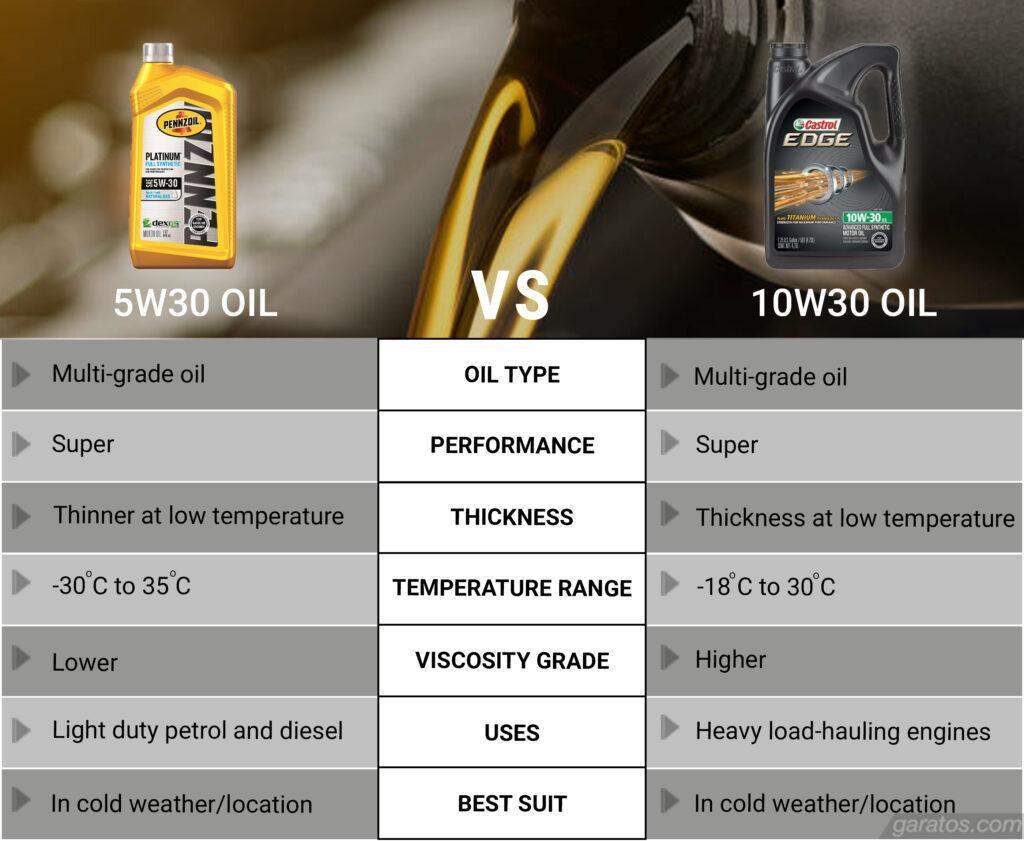The roar of the engine, the feel of the road, the freedom of the open highway – these are the joys of driving. But beneath the exhilarating experience lies a critical component that ensures smooth operation and longevity: engine oil. And within the world of engine oils, there’s a constant debate surrounding two popular viscosity grades: 15w-40 and 5w-40.

Image: micdot.com
For many car owners, choosing the right engine oil can feel like navigating a labyrinth of numbers and technical jargon. But understanding the differences between these two choices is crucial for maximizing engine performance, preventing wear and tear, and ultimately, extending the life of your vehicle. In this article, we’ll delve into the world of oil viscosity, analyze the pros and cons of 15w-40 and 5w-40, and provide you with the knowledge you need to make an informed decision for your car.
Understanding Viscosity: The Oil’s Flow
Before we jump into the heart of the comparison, let’s start with the basics. Viscosity essentially refers to an oil’s thickness or resistance to flow. A thicker oil has a higher viscosity, while a thinner oil has a lower viscosity. The “w” in the viscosity grade stands for “winter,” and it signifies the oil’s ability to flow freely in cold temperatures, while the second number (40 in this case) represents the oil’s viscosity at higher temperatures.
The 15w-40: A Workhorse for Tough Conditions
15w-40 engine oil, often referred to as a “conventional” oil, has a long history in the automotive world. It’s designed for heavy-duty applications, including diesel engines, and is known for its durability and ability to withstand high temperatures and stress.
Here’s a breakdown of the advantages of 15w-40:
- Excellent Wear Protection: 15w-40’s thicker consistency creates a robust layer of protection between moving engine parts, reducing wear and tear, particularly under heavy loads.
- Superb Thermal Stability: The heavier viscosity allows it to maintain its integrity at high operating temperatures, preventing breakdown and maintaining optimal protection.
- Cost-Effective: 15w-40 is typically more affordable than synthetic oils, making it a popular choice for budget-conscious drivers.
However, it’s important to be aware of some drawbacks associated with 15w-40:
- Increased Cold-Start Friction: The thicker viscosity of 15w-40 can make it harder for the engine to start in colder temperatures, potentially leading to increased wear until the oil reaches its ideal operating temperature.
- Fuel Efficiency Concerns: The higher viscosity can slightly increase fuel consumption, as the engine needs to work harder to overcome the thicker oil’s resistance.
The 5w-40: Modern Performance for a Smooth Ride
5w-40 is a synthetic blend or fully synthetic engine oil that has gained immense popularity in recent years. Its thinner viscosity at low temperatures and its ability to maintain its fluidity at high temperatures make it a versatile choice for modern vehicles.
Here’s what makes 5w-40 a favorite among contemporary drivers:
- Enhanced Cold-Start Protection: Its thinner viscosity at low temperatures allows for faster oil circulation during cold starts, providing quicker protection to engine components.
- Improved Fuel Efficiency: 5w-40’s lower viscosity reduces internal engine friction, leading to improved fuel economy and reduced emissions.
- Superior Performance: Synthetic oils, in general, offer superior resistance to oxidation and degradation, extending their lifespan and optimizing engine performance.
While 5w-40 offers a wealth of benefits, it’s crucial to consider these potential drawbacks:
- Potentially Less Wear Protection: While 5w-40 provides excellent lubrication, some argue that its thinner consistency may offer slightly less wear protection compared to 15w-40 under extreme conditions.
- Higher Cost: Synthetic blends and fully synthetic oils are generally more expensive than conventional oils like 15w-40.

Image: www.partzilla.com
Navigating the Choice: Which Oil is Right for You?
Now that we’ve explored the nuances of each viscosity grade, let’s delve into the decision-making process. Ultimately, the best oil for your vehicle depends on several key factors:
- Your Vehicle’s Engine: Consult your owner’s manual for the recommended oil viscosity for your vehicle. Many modern engines are specifically designed to perform best with 5w-40, while older models may benefit from the ruggedness of 15w-40.
- Your Driving Habits: If you frequently drive in extreme temperatures or under heavy loads, 15w-40 might be a more suitable option. For everyday driving in a moderate climate, 5w-40 offers excellent protection and fuel efficiency.
- Your Budget: Conventional 15w-40 oil is generally more affordable, while synthetic blends and fully synthetic oils like 5w-40 are pricier.
15w-40 Vs 5w-40
Expert Insights and a Final Word
“Choosing the correct engine oil is a fundamental aspect of car maintenance,” says John Miller, a certified automotive technician with over 20 years of experience. “Understanding your engine’s requirements and your driving habits is essential to making an informed decision. Don’t hesitate to consult a trusted mechanic or your owner’s manual for personalized guidance.”
Ultimately, the decision between 15w-40 and 5w-40 is a personal one. By understanding the pros and cons of each option, taking into account your vehicle’s specifications, and considering your driving habits and budget, you can make an informed choice that will keep your engine running smoothly and reliably for years to come.
Remember, consistent maintenance, including regular oil changes, is paramount to ensuring your car’s performance and longevity.





